Water distiller or water filter?
festus47
11 years ago
Related Stories

HEALTHY HOMEHow to Choose a Home Water Filtering System
Learn which water purification method is best for your house, from pitchers to whole-house setups
Full Story
GARDENING AND LANDSCAPINGPatio Details: Sliding Fabric Panels Filter the Light Just Right
Stepping up to the harsh sun and heat of the desert Southwest, this intimate patio is an exotic escape right outside
Full Story
Shop Houzz: The Hunt for Hydration
Colorful and clever bottles, pitchers and filters help you get your daily dose of water
Full Story0
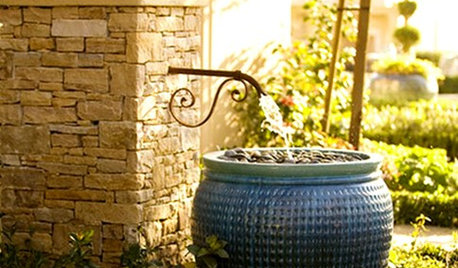
GREEN BUILDINGJust Add Water: Rain Barrel Magic
Take your rainwater storage from practical to beautiful with a new breed of design-friendly rain barrels
Full Story
LANDSCAPE DESIGNHow to Design Your Landscape to Spread Water
Water that’s distributed widely will more readily soak into the ground
Full Story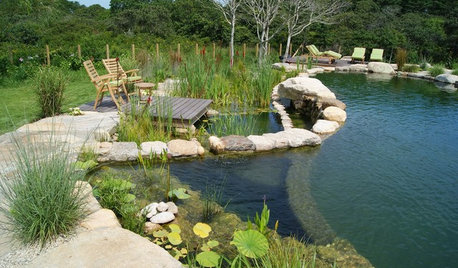
LANDSCAPE DESIGNSecrets of a Successful Water Garden
Relax. Having a water garden is much easier once you understand the basics
Full Story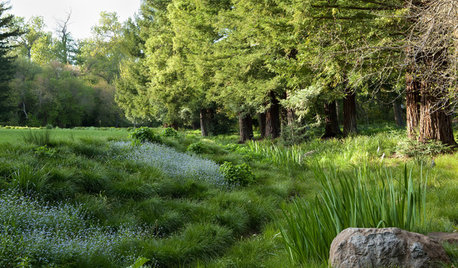
LANDSCAPE DESIGNHow to Move Water Through Your Landscape
Swales, underground pipes or a mix of both: There’s more than one way to distribute water in the garden
Full Story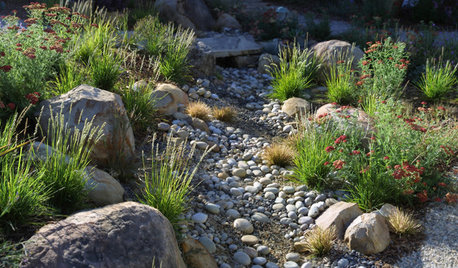
LANDSCAPE DESIGNHow to Design Your Landscape to Slow Down Water
Putting the brakes on stormwater runoff is the first step in sustainable water design
Full Story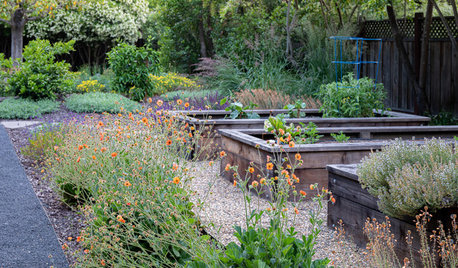
GARDENING GUIDESEssential Watering Tips for Your Edible Garden
To give your edible plants just what they need, check out these guidelines for how, when and how much to water
Full Story
LANDSCAPE DESIGNGet Along With Less Lawn — Ideas to Save Water and Effort
Ditch the mower and lower your water bill while creating a feast for the eyes with diverse plantings and gathering places
Full Story




sushipup1
jadeite
Related Discussions
Distilled water on plants.
Q
De-ionised water instead of distilled water for VFT?.
Q
Do you have to use distilled water?
Q
Watering with Filtered Water?
Q
festus47Original Author
dcarch7 d c f l a s h 7 @ y a h o o . c o m
grainlady_ks
dcarch7 d c f l a s h 7 @ y a h o o . c o m
grainlady_ks
momj47
festus47Original Author
dcarch7 d c f l a s h 7 @ y a h o o . c o m
festus47Original Author
dcarch7 d c f l a s h 7 @ y a h o o . c o m
grainlady_ks
MichaelsAd
dcarch7 d c f l a s h 7 @ y a h o o . c o m
jadeite